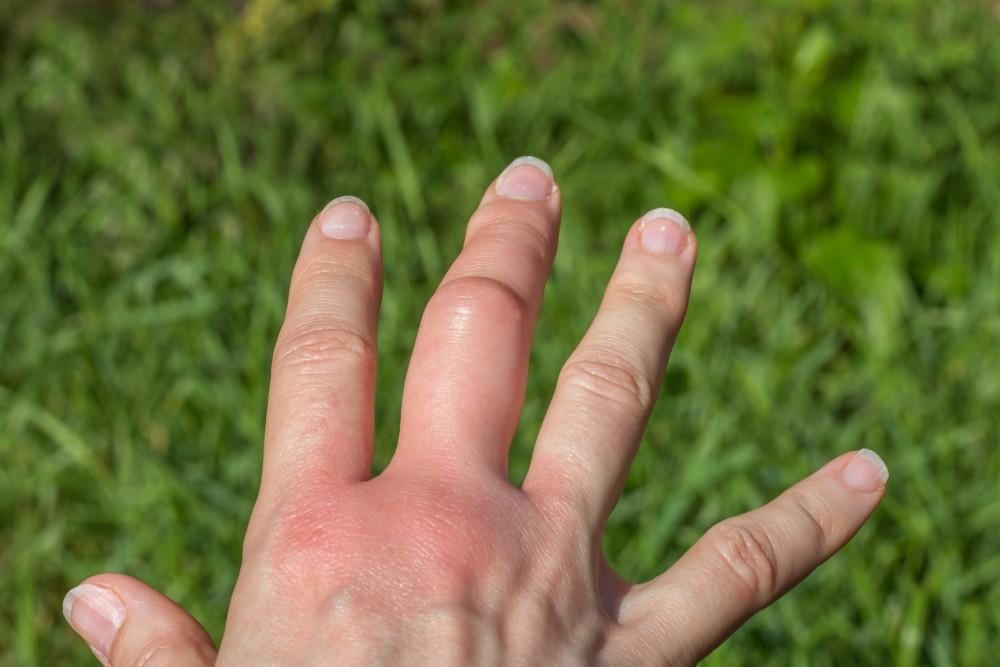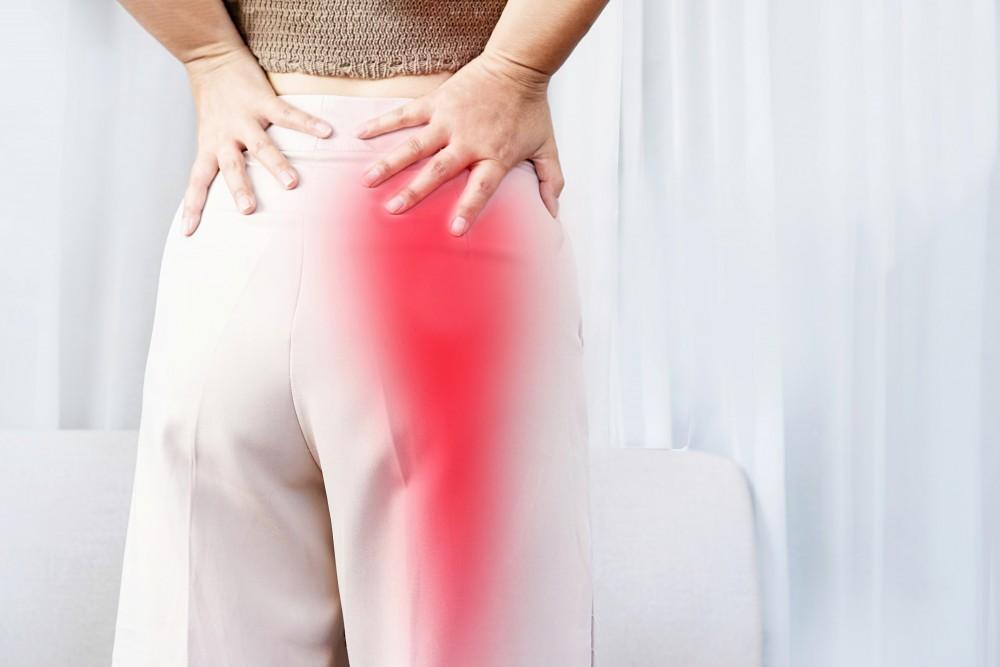If you’ve recently been involved in a car accident, chances are you were too shocked to register whether you felt any pain from any whiplash, or any other related car accident injuries.
It’s not uncommon for car crash victims to have other things on their minds directly following a collision. Exchanging insurance details, checking out the damage, and arranging for your vehicle to be towed are just a few.
It’s only later that you start to experience the side-effects of car accident whiplash and you might not even be able to identify them at the time of the accident.
So what is whiplash and how do you know if you have it?
What Is Car Accident Whiplash?
Whiplash is an injury of the soft tissue structures, typically of the neck, through forced movement. This sudden and often violent movement tears fibers in your muscles and tendons and can even cause broken bones.
Whiplash doesn’t always occur via car traffic accidents, but this is one of the most common ways to get a whiplash injury.
Read this quick guide and find out the 5 most common car accident whiplash injuries and how to identify them.
1. Neck Pain
Neck pain is the most common symptom of whiplash. This can present as pain, stiffness, loss of range of motion, soreness, and tingling of the arms.
It is extremely important to receive a thorough evaluation with possible imaging (X-rays, CT, MRI) and accurate diagnosis to rule out any serious conditions such as fractures, dislocations, and severe soft tissue damage.
2. Abdominal Swelling
If you have any abdominal pain or swelling after a road traffic accident, it may be an indication that you have internal bleeding.
Other symptoms of internal bleeding include large areas of bruising, dizziness and fainting, so if you’re suffering from these, seek immediate medical attention.
3. Headaches/Blurry Vision/Dizziness
Headaches can be caused by many factors, one of which is a sudden and severe contact with the inside of your skull. Having been shaken violently inside the skull, the brain swells slightly, giving you a headache along with other sensory changes such as vision changes, dizziness, irritability, difficulty concentrating, memory problems, and depression. This can be a concussion.
As with all head injuries, be sure to get it checked out if it worsens or persists for more than a day–it could be something more serious!
4. Low Back Pain
Lower back pain is often overlooked as being part of a car accident whiplash injury, which is why it’s important for you to be aware of it directly following an accident.
After you’ve been checked out by a Chiropractor and cleared of any serious damage, you may want to try relieving the pain with some simple stretches for your lower back.
5. Emotional difficulty
Being involved in an accident is a stressful and frightening thing, so it isn’t uncommon for victims to experience post-traumatic stress disorder following a collision.
Symptoms of this can include nightmares, flashbacks, lack of concentration and becoming easily upset or angry.
Top tip: You might be tempted to put heat on your sore neck, but try a cold pack along with proper hydration instead. The disks of your spine contain water, so help hydrate them with a glass of water or two.
If you have one or more of these car whiplash symptoms after your collision, try to seek medical attention as soon as possible.
If you’ve been cleared of anything serious and your doctor says it’s fine, try some of these light stretches to help relieve the pain.
The biggest take away from this article should be this: If you are involved in a car accident, regardless if you feel any pain, you should get evaluated and cleared of any injuries.
Elite Spine and Health Center specializes in whiplash related injuries. Be sure to give us a call if you are involved in a car accident.




